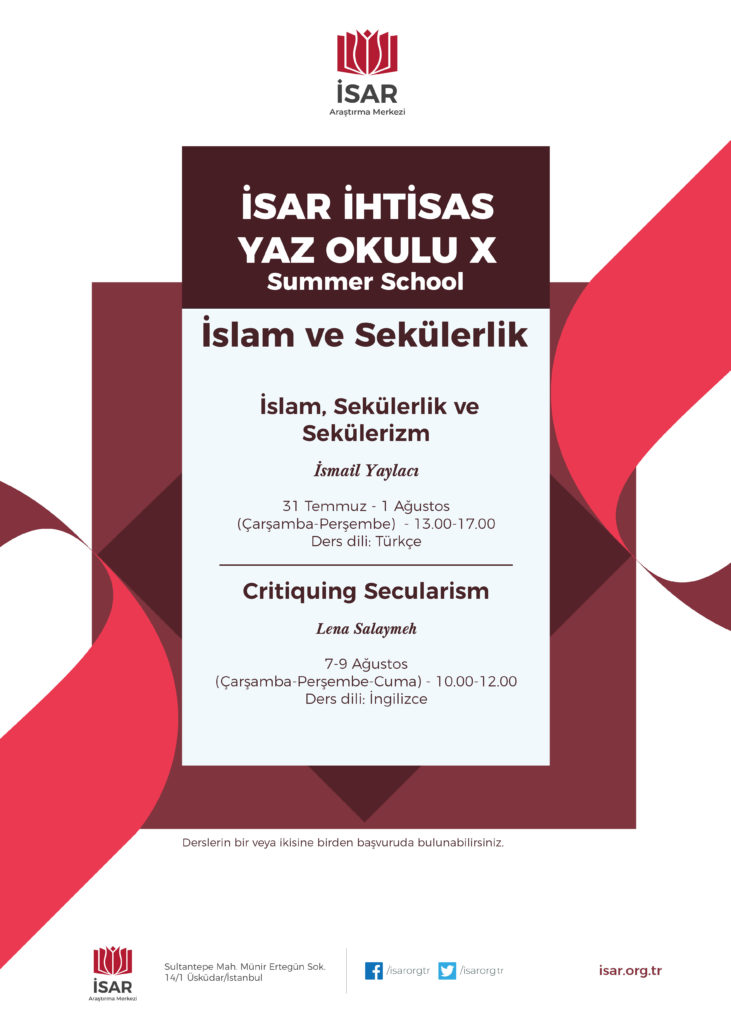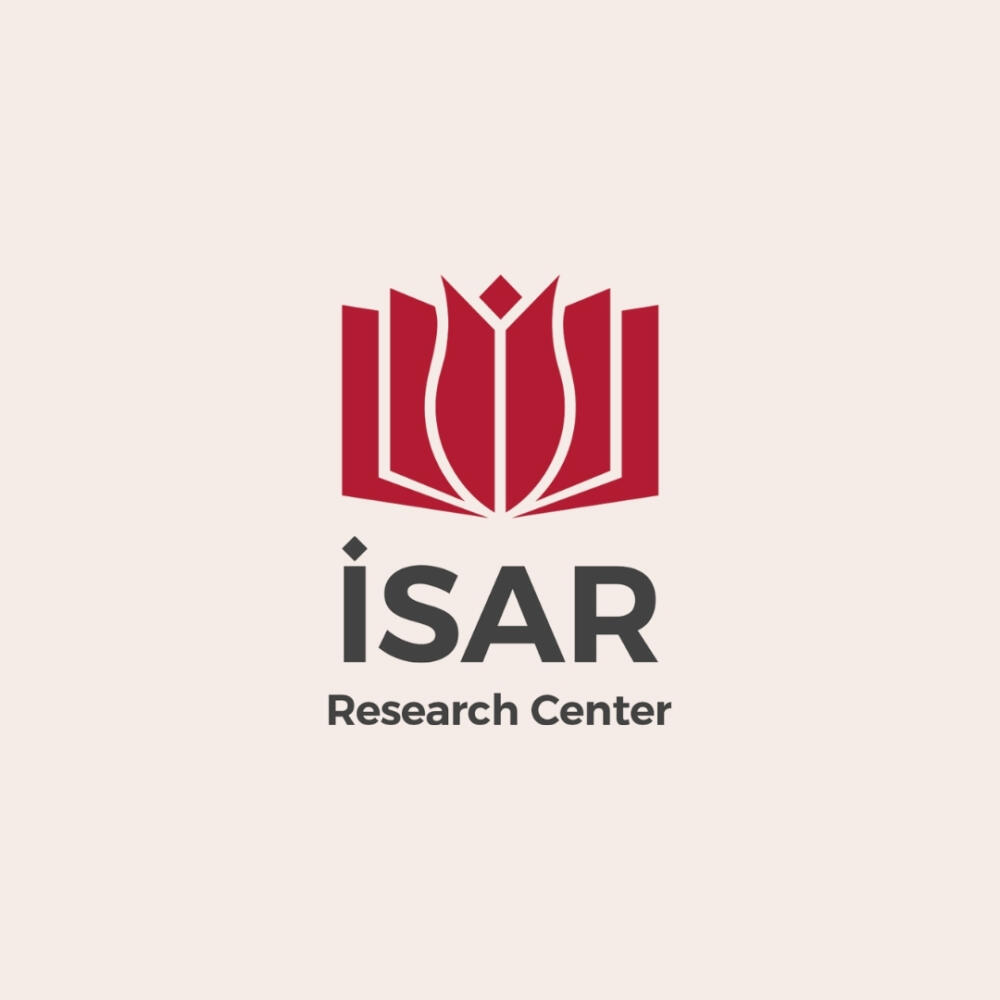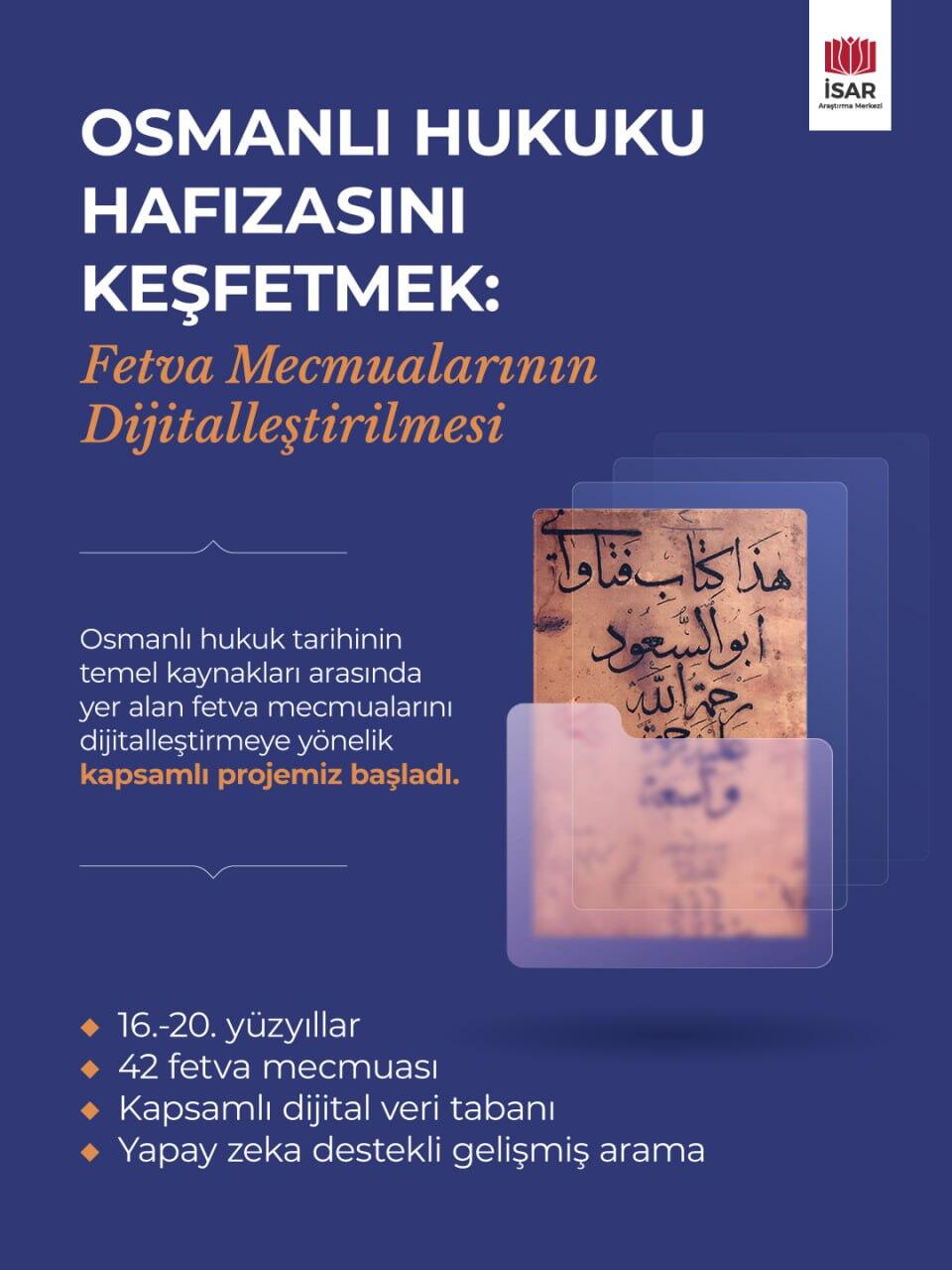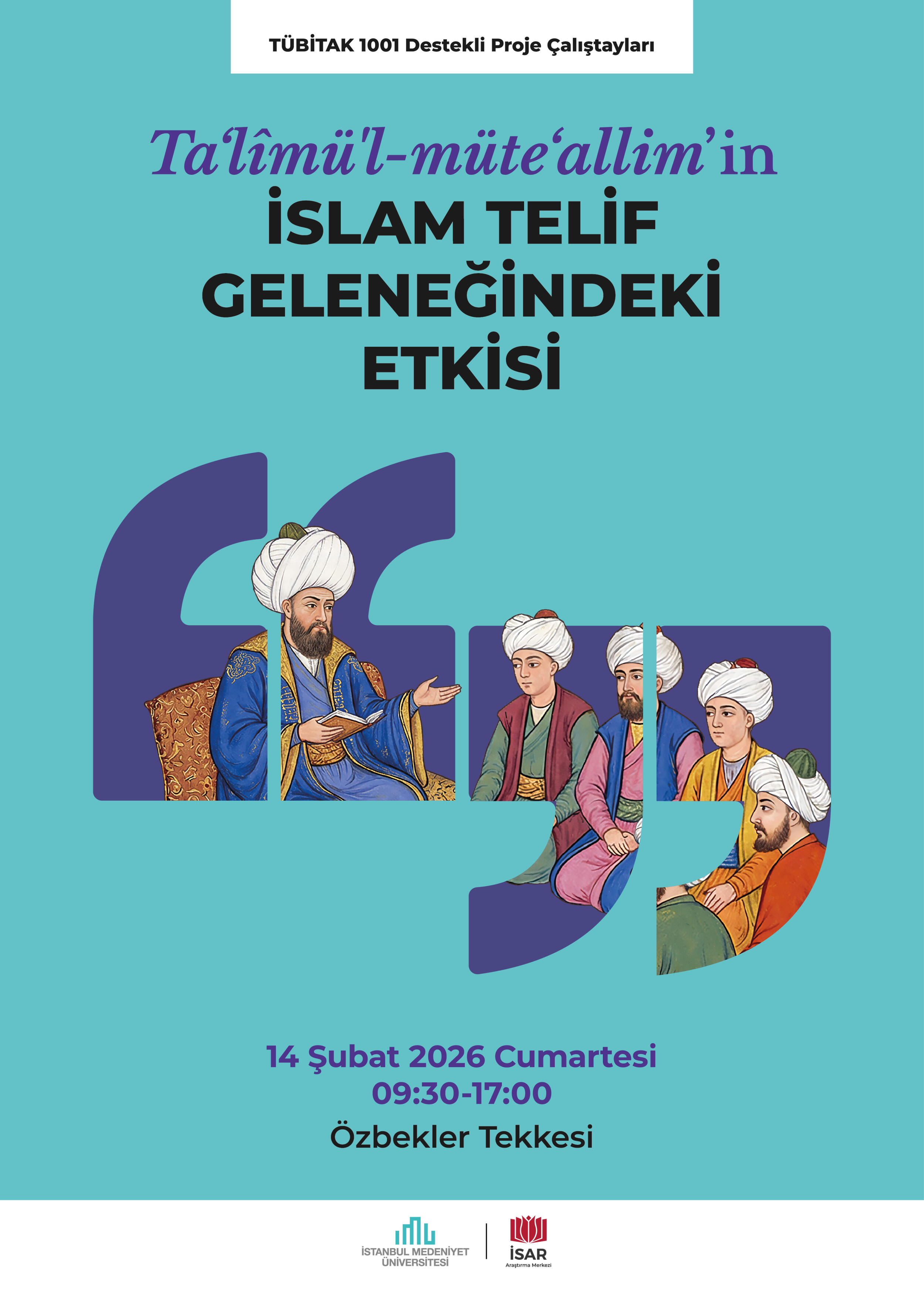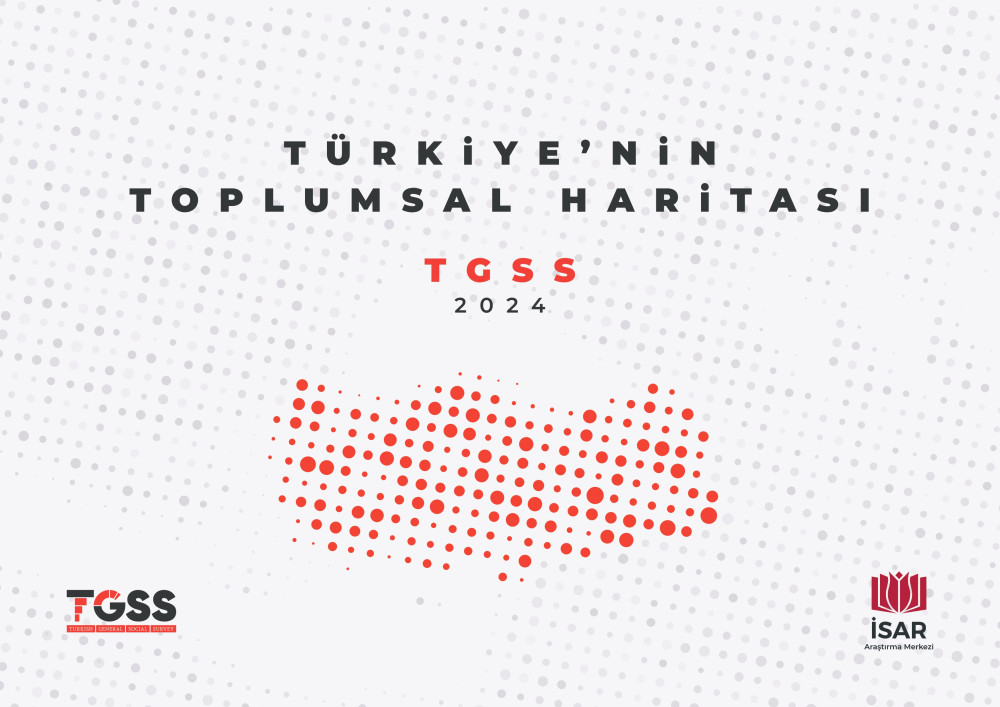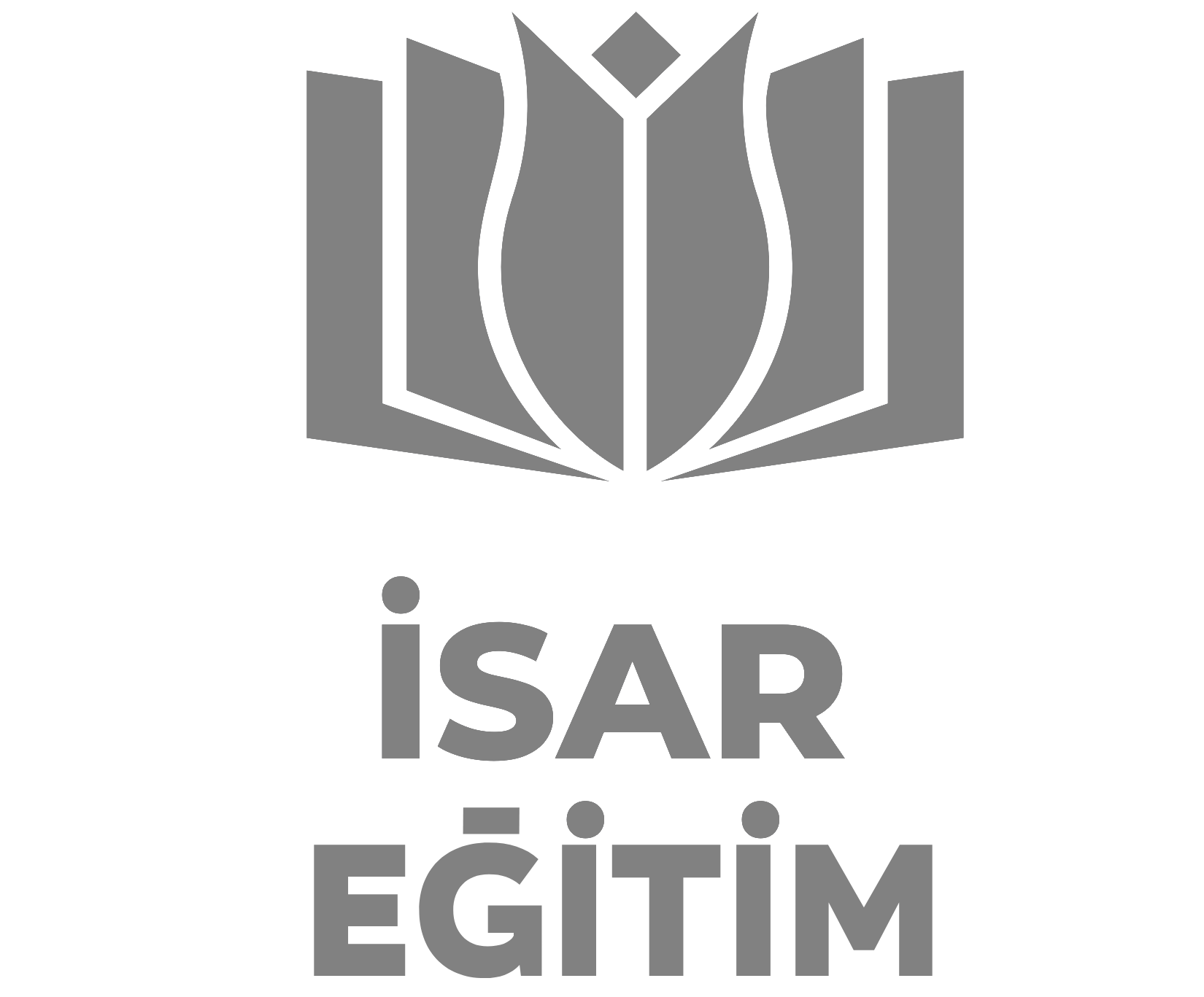ISAR Research Center will organize two separate seminars under the title of Islam and Secularism as part of the Graduate Summer School.
The first seminar will be organized by İsmail Yaylacı under the title Islam, Secular and Secularism. In this seminar, he will discuss the relationship between Islam and the secular and secularism by tracing the debates in the fields of social sciences, humanities and Islamic studies. The first two sessions of the seminar will examine the concept of secularism itself and its relation to religion and more specifically to Islam, while the last two sessions will discuss secularism as a political doctrine and its relation to Islam and its theses on the relationship between the state and politics. The seminar will take place in four two-hour sessions, and will be based on the contributions of Talal Asad in the first session, Sherman Jackson in the second session, Abdullahi An-Naim in the third session, and Wael Hallaq in the fourth session.
Yaylacı received his bachelor's (2005) and master's (2007) degrees from the Department of Political Science and International Relations at Boğaziçi University, and completed his doctoral studies in the Department of Political Science at the University of Minnesota (2014). Currently working as an assistant professor at Marmara University Middle East and Islamic Countries Research Institute, he continues his research in the fields of international relations, Islamism, democracy and secularism.
The seminar will be held in Turkish on July 31 - August 1 (Wednesday - Thursday) between 1 pm and 5 pm.
The second seminar will be organized by Lena Salaymeh under the title Critiquing Secularism. This intensive course will introduce participants to the critique of secularism. We will examine secularism from historical and critical perspectives, recognizing how it functions in the world—rather than accepting the idealized claims of its proponents. The course will begin with a brief introduction to critical theory in order to situate critical secularism studies. We will examine textual evidence for how the Islamic tradition has been and continues to be translated into the language of secularism. We will also study some examples of how secularism generates prejudice against and conflicts with the Islamic tradition. In addition, we will explore the relationship between secularism and colonialism, as well as neo-colonialism. Participants are highly encouraged to complete the background readings prior to the course. Classes will depend on active participation, rather than extensive lecturing. Participants should ask questions, present concrete examples that confirm or challenge the readings, and discuss how their individual research projects may incorporate the critique of secularism.
Lena Salaymeh is Professor in the Section des Sciences Religieuses of the École Pratique des Hautes Études (Paris Sciences et Lettres). Salaymeh is a scholar of law and history, with specializations in Islamic law, Jewish law, and critical theory. Her scholarship on contemporary “law and religion” brings together legal history and critiques of secularism. She received her JD from Harvard and her PhD in Legal and Islamic History from UC Berkeley. She also wrote a book titled The Beginnings of Islamic Law: Late Antique Islamicate Legal Traditions.
The seminar will be held in English on August 7-9 (Wednesday-Thursday-Friday) between 10 am and 12 pm.
Our program is intended for students and researchers at the undergraduate or graduate level.
Click here for application. The deadline for application is July 17th. You can apply for one or both seminars.
